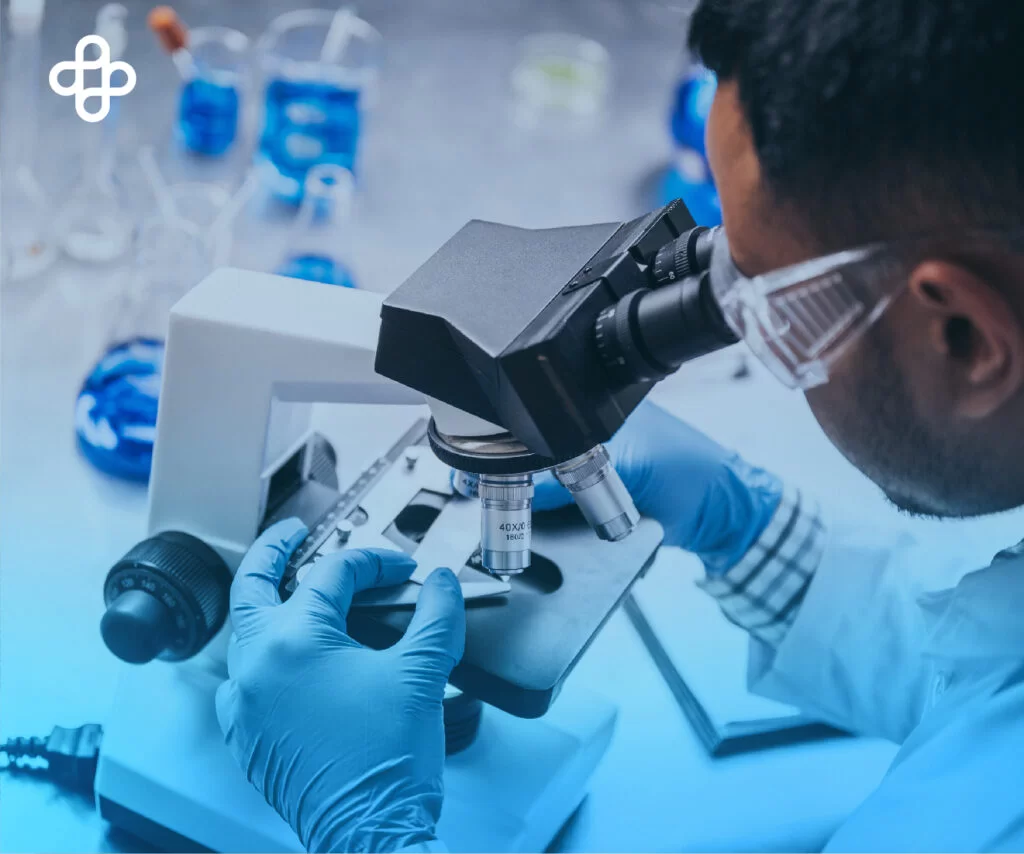Introduction to Stem Cell Therapy
Amidst the controversy surrounding stem cells, you may have overlooked many of the benefits they offer for health and medicine. You might not even be aware that stem cells already have some applications for treating diseases.
The University of Nebraska has delved into this topic academically due to the importance of stem cells in future medicine. We have simplified the language of these articles in this publication.
Their immense potential for disease treatment in the future means that scientists are working hard to learn about how stem cells function. In turn, how they can treat some of the most serious diseases affecting the world.
Stem Cells and Human Development
Stem cells hold tremendous potential in health and medical research. To fully utilize this potential, scientists are researching ways to transform stem cells. Or differentiated, into the wide range of specialized cells that make up the human body.
Researchers believe that issues in the differentiation process lead to diseases like cancer or conditions like birth defects. Understanding the development that occurs in normal cells will help scientists address developmental errors that may occur.
Stem Cells and Cell-Based Therapies
Another potential application of stem cells is the formation of cells and tissues for medical treatments. Currently, it is donated organs and tissues that replace cells that are damaged or dysfunctional.
Unfortunately, the number of people waiting for a transplant far exceeds the number of organs available. A major disadvantage is that the waiting lists for transplants are enormous, and many people die while waiting.
Stem cells offer a viable source of replacement cells for treating diseases and could potentially reduce the morbidity and mortality of those in need of a transplant.
Some areas that could benefit from stem cells include:
- Parkinson’s Disease
- Type I Diabetes
- Arthritis
- Burn Victims
- Cardiovascular Diseases
By directing stem cells to differentiate into specialized cell types, there is the exciting possibility of providing a renewable source of replacement cells for those suffering from diseases with cell degeneration or damage.
The Pros and Cons of Stem Cell Therapy
The potential to reverse diseases is not far-fetched. For example, a patient who has suffered a heart attack and sustained heart damage could be treated so that the damaged tissue is replaced by new, healthy cardiac muscle cells.
In diseases like Parkinson’s disease, replacing damaged brain cells with new, healthy, and functioning ones could reverse the destruction of brain cells.
Even more promising is the potential to address genetic defects that are present from birth by restoring function and health with the introduction of normal, healthy cells that do not have these defects.
However, many of these treatments are still in the research stage, albeit well underway.

Burn Victims and Stem Cell Therapy
Burn victims tend to endure a tremendous amount of pain due to their injuries, as well as the frustration of the healing challenges. Researchers could use stem cells to produce new, healthy tissues from the same individual instead of using donor tissues.
This closely resembles therapies already in use, such as bone marrow transplants. In these transplants, stem cells from the marrow create different specialized blood cells.
Scientists aim to locate and isolate specific stem cells from a tissue, then activate the differentiation mechanism outside the body before transplanting them back into the patient to replace damaged tissues.
Doctors can progressively grow a very small piece of skin from burn victims to cover burns that are often much larger than the original skin pie
Stem Cells and Drug Analysis
Stem cells hold significant benefits for the pharmaceutical sector. Researchers can test new drugs with stem cells to assess their safety before they conduct tests on animal and human models.
For example, a cancer cell line could be created to test an anti-tumor drug. If researchers could perfectly reproduce conditions, drug analysis would offer very precise results.
Many documents currently detail the benefits of using stem cells. Researchers expect to keep paving the way for new treatments. For those suffering from severe diseases, stem cells offer hope for effective treatment or even a reversal of the disease.
Time will confirm the full success of stem cell therapies and continued research should teach us more about the use of stem cells to treat debilitating diseases.
Thereafter, be sure to visit our article What are stem cells?





